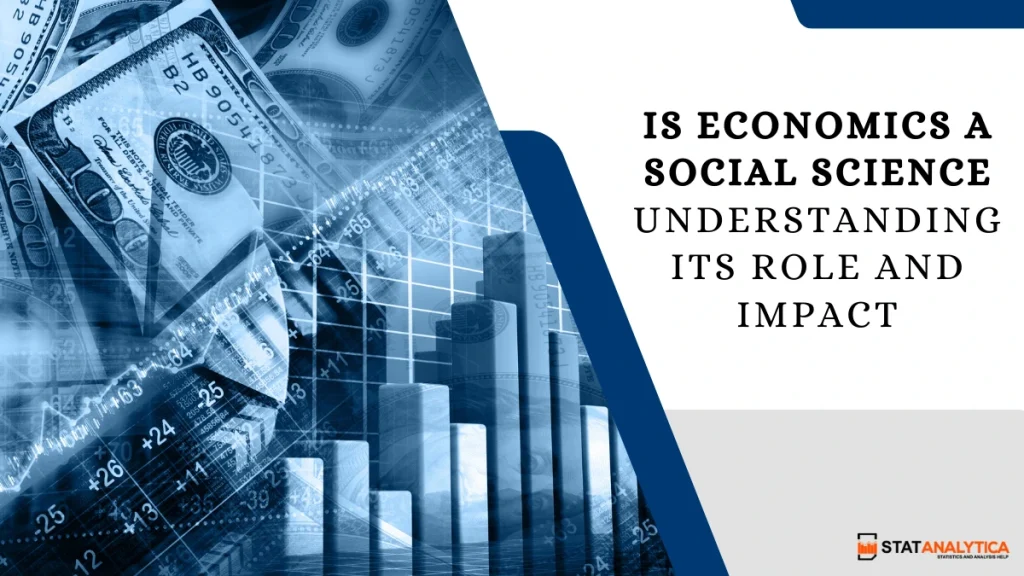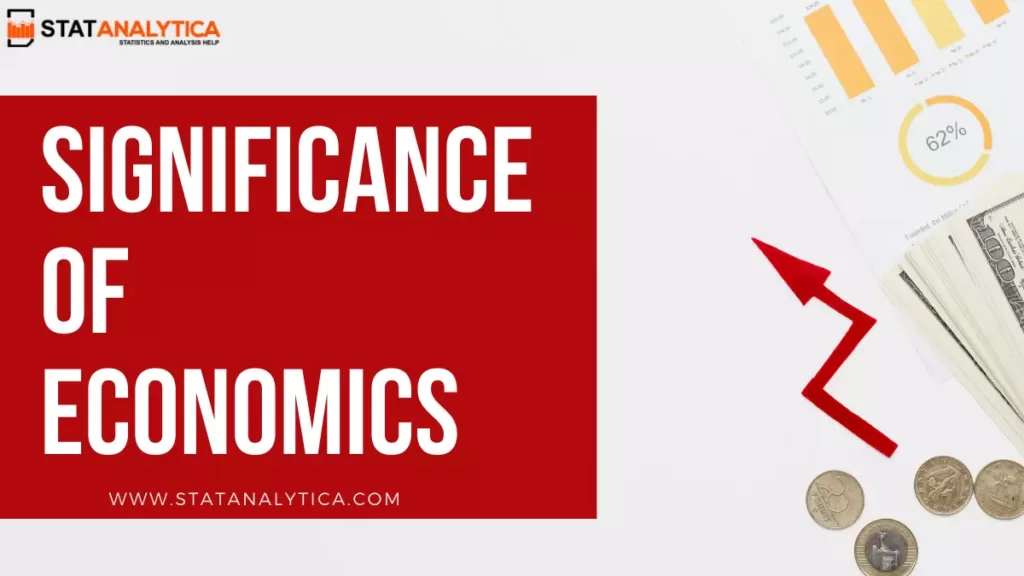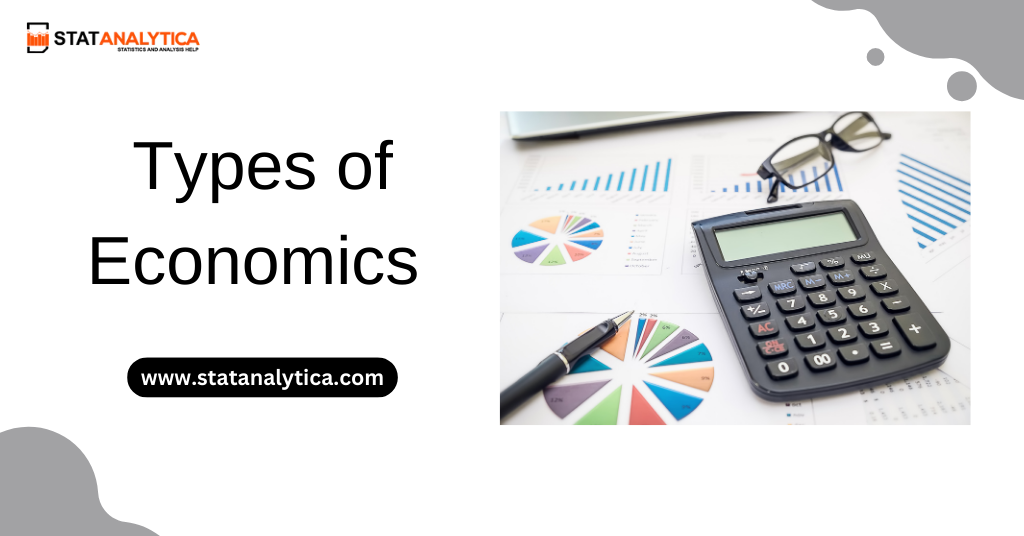Economics is a field that touches nearly every aspect of our lives, from the decisions individuals make about spending money to the policies governments adopt to shape national economies. But have you ever wondered if economics is truly a social science? In this blog, we will explore the question in depth and examine whether economics is a Social Science, its relationship with other disciplines, and why this classification matters.
What is a Social Science?
Table of Contents
Before discussing whether economics qualifies as a social science, let’s first define social sciences. Social sciences are academic disciplines that study human behavior, societies, and the interactions between individuals and their environments. These fields use scientific methods to explore patterns, relationships, and systems within society.
Some of the core social sciences include
- Sociology: The study of society and social behavior.
- Psychology: The study of the mind and behavior.
- Political Science: The study of political systems, governance, and political behavior.
- Anthropology: The study of human cultures and societies.
- Economics: The study of how people make decisions about resource allocation, production, and consumption.
While each discipline has a unique focus, they share a common goal: to understand human behavior and societal structures. Economics, in particular, is often seen as a bridge between the social sciences and natural sciences, given its quantitative nature and reliance on data analysis.
What Makes Economics a Social Science?
Economics is fundamentally a social science because it deals with human decision-making, the allocation of scarce resources, and the functioning of markets. It seeks to understand how individuals, businesses, and governments make choices that impact the well-being of society as a whole.
Key Features of Economics as a Social Science
- Study of Human Behavior: Economics examines how individuals and groups behave in different economic environments. It explores concepts such as demand and supply, market equilibrium, and consumer preferences. Just like sociology studies social behavior or psychology studies individual behavior, economics examines the behavior of people in markets.
- Focus on Societal Impact: Economic decisions do not occur in a vacuum; they affect not only the individuals involved but society as a whole. For instance, government policies on taxes, subsidies, or public services have far-reaching consequences on the welfare of communities and nations. Economics studies these outcomes, which is why it is closely tied to social sciences.
- Use of Empirical Methods: Economics relies heavily on empirical research and data analysis to understand real-world issues. Similar to other social sciences, it uses qualitative and quantitative methods to study social phenomena. Econometric models, surveys, and case studies are commonly used to analyze economic behavior, just as sociologists may use surveys to understand societal issues.
- Social Structures and Systems: Economics is concerned with how different economic systems (capitalism, socialism, etc.) affect society. It also looks at the roles of institutions like banks, governments, and corporations in shaping economic outcomes. The study of these systems and structures connects economics to the broader field of social sciences.
- Interdisciplinary Nature: Economics does not operate in isolation. It overlaps with political science, sociology, psychology, and even environmental studies. For instance, psychological factors like risk aversion or societal norms can influence individuals’ economic behavior. Government political decisions have direct economic consequences, which is why economists often collaborate with political scientists and sociologists to analyze issues.
Historical Evolution of Economics as a Social Science
Economics emerged as a formal discipline in the 18th century, with Adam Smith often credited as the father of modern economics. His seminal work The Wealth of Nations (1776) laid the groundwork for the study of markets, trade, and economic systems. Early economists were primarily concerned with understanding the functioning of markets and wealth distribution. Still, as the field evolved, it began to incorporate elements of human behavior and societal impact, making it more aligned with other social sciences.
The Development of Economics and Its Relationship with Other Disciplines
- Classical Economics: Rooted in the works of Adam Smith, David Ricardo, and John Stuart Mill, classical economics focused on free markets, the division of labor, and the pursuit of wealth. While this focus was primarily on material wealth, it laid the foundation for understanding how societies organized their economic activities.
- Keynesian Economics: In the 20th century, John Maynard Keynes revolutionized economic thought with his ideas on government intervention in the economy. Keynesian economics emphasized the role of the state in managing economic cycles, reflecting the increasing connection between economics and politics.
- Behavioral Economics: In recent years, behavioral economics has emerged as a subfield that integrates insights from psychology to understand better how people make economic decisions. This further solidifies economics as a social science, as it acknowledges the psychological and social factors that influence economic behavior.
Economics vs. Natural Sciences
At first glance, economics may seem similar to the natural sciences due to its reliance on data analysis, mathematical modeling, and predictions. However, the distinction lies in the subject matter. While natural sciences (like physics, chemistry, or biology) deal with the physical world and laws of nature, economics focuses on human behavior and societal constructs, making it inherently a social science.
Key Differences Between Economics and Natural Sciences
- Predictability: Natural sciences deal with phenomena that are generally predictable and follow consistent laws (e.g., gravity or chemical reactions). In contrast, economics deals with human decisions, which are often influenced by emotions, biases, and external factors, making predictions more uncertain.
- Experimentation: While natural sciences can conduct controlled experiments to test hypotheses, economics cannot always replicate real-world conditions in a lab setting. Instead, economists rely on historical data, case studies, and econometric models to conclude.
- Subjectivity: Human decisions are influenced by subjective factors such as values, beliefs, and preferences. This makes economics more subjective than the natural sciences, which strive for objectivity through controlled experiments and empirical evidence.
The Importance of Classifying Economics as a Social Science
Understanding economics as a social science is important for several reasons:
- Policy Implications: Economic theories inform public policy decisions that affect everything from tax rates to healthcare spending. Classifying economics as a social science emphasizes the societal impact of these decisions, reminding policymakers that economic policies are ultimately about people and their well-being.
- Interdisciplinary Collaboration: Recognizing economics as a social science fosters collaboration with other fields, such as political science, sociology, and psychology. This interdisciplinary approach can lead to more comprehensive solutions to complex societal issues, such as poverty, inequality, and climate change.
- Behavioral Insights: Classifying economics as a social science allows for the integration of behavioral insights, which can enhance the understanding of real-world economic behavior. For example, economists studying consumer behavior can learn from psychology about how biases and emotions influence purchasing decisions.
- Social Justice and Inequality: Economics often examines issues related to poverty, wealth distribution, and inequality. By viewing economics through a social science lens, it becomes easier to address these issues in a way that promotes social justice and fairness.
Conclusion: Is Economics a Social Science?
In conclusion, economics is indeed a social science. It explores human behavior, societal structures, and the impact of economic decisions on individuals and communities. While it shares some characteristics with the natural sciences, such as data analysis and quantitative methods, its focus on human behavior and societal outcomes aligns it more closely with the social sciences.
Understanding economics as a social science helps us appreciate its role in shaping policies and improving society’s well-being. As the world continues to change, the need for economists who can navigate the complexities of human behavior, societal needs, and economic systems becomes even more critical. Whether it’s addressing global inequality, managing economic crises, or understanding market trends, economics remains at the heart of our social fabric.
Also Read: A Useful Guide On Statistical Package For The Social Sciences [SPSS]
What is the relationship between economics and society?
Economics is deeply connected to society because it directly affects how wealth is distributed, how resources are allocated, and how people’s lives are shaped. Economic policies, such as taxes, trade regulations, and welfare programs, have a significant impact on the social structure and well-being of individuals and communities.
Can economics predict future events?
Economics can make predictions based on trends, models, and data analysis, but these predictions are not always certain. Since economics deals with human behavior, which can be influenced by numerous factors like emotions, politics, and global events, forecasts can be subject to change.
Why is understanding economics as a social science important?
Recognizing economics as a social science emphasizes its focus on human behavior and societal outcomes. It helps policymakers design better economic policies that consider people’s well-being, fosters interdisciplinary collaboration, and enables a more comprehensive understanding of global challenges such as inequality, poverty, and climate change.


